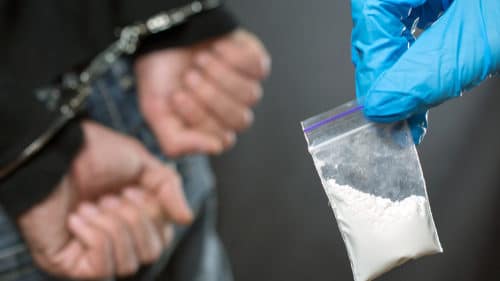Home to Australia’s capital Canberra, the territory is set to become the first jurisdiction to decriminalise small amounts of commonly used items, which would result in a fine instead of criminal charges.
The key term here is “personal possession”, meaning a person found with an amount that qualifies as for personal use will not face supply or trafficking charges, which are criminal acts.
The legislation would not change the actual amount (two grams for most illicit drugs, 0.5 grams for MDMA or 0.002 grams for LSD) constituting personal use.
ACT Health Minister Rachel Stephen-Smith described the proposed law change as a “progressive health-focused reform” that would lead the way for the rest of the country.
“We know from research and evidence around the world that criminalizing drug users does not reduce drug use, and that treating drug addiction as a health issue improves outcomes for everyone in the community,” she said.
“This legislation is part of our broader suite of policies developed in partnership with experts, people with lived experience and our alcohol and other drug sector to support those most in need to get the help and services they need when they need them.”
https://twitter.com/JuliaPillai/status/1534758172623155200

A 2021 local survey found that Canberrans strongly supported the decriminalisation of drugs, although the changes were unsurprisingly met with concerns from the other side of
The law “looks certain” to be passed as the Assembly is controlled by the Labor-Green coalition, both factions have previously indicated support for the bill.
A member of the inquiry conducted into the potential legislation did raise questions about the law failing to act as a deterrent for drug use, and the fact that it would come into direct conflict with the Commonwealth Criminal Code.
Uniting Church minister Andrew Smith wrote that he was in complete support of the reforms, but that they needed to be expanded to include all drugs.
“This is because new drugs are constantly being created,” he wrote online.
“Plus, the more serious issues associated with the use of ice (methamphetamine) mean a health-and-welfare-oriented response (including mental health) is even more appropriate for ice than it is for cannabis.
“Surely, it’s a no-brainer that the more a person needs access to mental health services the more we should facilitate that.”






